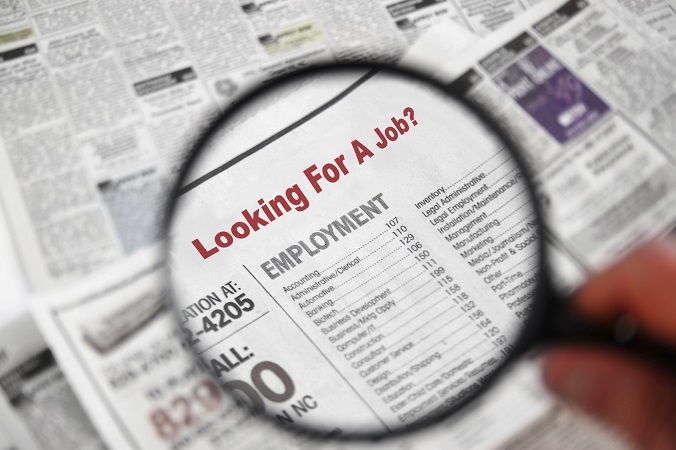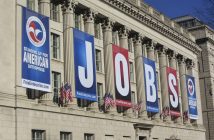President Donald Trump’s 60-day suspension of immigration into the U.S. was a responsible, albeit belated, step in coping with the coronavirus pandemic.
But a pause on new immigrants brings little relief when it allows a continued influx foreign guest workers. More must be done to help American workers.
Beyond the 80,000-plus legal immigrants who enter this country each month, millions more foreign nationals are already in the U.S. on temporary work visas and permits.
Leaving them all in place, while inviting still more, makes no sense when millions of Americans are filing unemployment claims each week. Indeed, Trump’s order clashed with his long standing desire to protect American jobs.
Some 1.8 million work permits, authorized outside of congressional purview, can be rescinded or denied renewal by the administration. This “gray labor market” includes asylum applicants, spouses of visa holders, people on Temporary Protected Status and various others who have applied for green cards (legal permanent residence).
The steady proliferation of work permits, which circumvent congressionally approved visa caps, needs to stop. Just as there is no guarantee of receiving a green card, there can be no expectation of serial permit renewals. Permanent employment and residency don’t come with a temporary work permit.
Additionally, work visas could be curtailed or canceled in sectors experiencing widespread layoffs. Some 800,000 H-1B (white collar) workers, for example, should not continue receiving visa extensions while their American cohorts are losing jobs. All future H-1B visa lotteries must be called off.
One little-known program, Optional Practical Training (OPT) that places 300,000 former foreign students in jobs, could end with a swipe of Trump’s pen. Never authorized by Congress, OPT benefits foreign nationals by allowing them to stay in the U.S. after graduation, and exempts employers from paying Social Security and payroll taxes on them.
America’s rapidly shrinking payrolls are an opportunity for the Department of Labor to reset now-outdated certification models for work-visa allocations. Workplace supply and demand must be realistically assessed – not flooded with unending waves of low-wage imports.
“If [visa and permit]programs are shut down, we may find they’re not needed,” Jessica Vaughn of the Center for Immigration Studies said during a video conference on Tuesday. “It should be easy to put the brakes on.”
Pushing in the opposite direction, foreign labor brokers (“body shops”) in the tech industry lobbied the Department of Homeland Security to extend to six months the current 60-day period for laid-off H-1B workers to find new employment. This merely perpetuates the problem.
The government’s priorities must be clear and steadfast in this growing economic crisis. That means reducing or canceling — not expanding or continuing — foreign-worker programs that disadvantage Americans.




